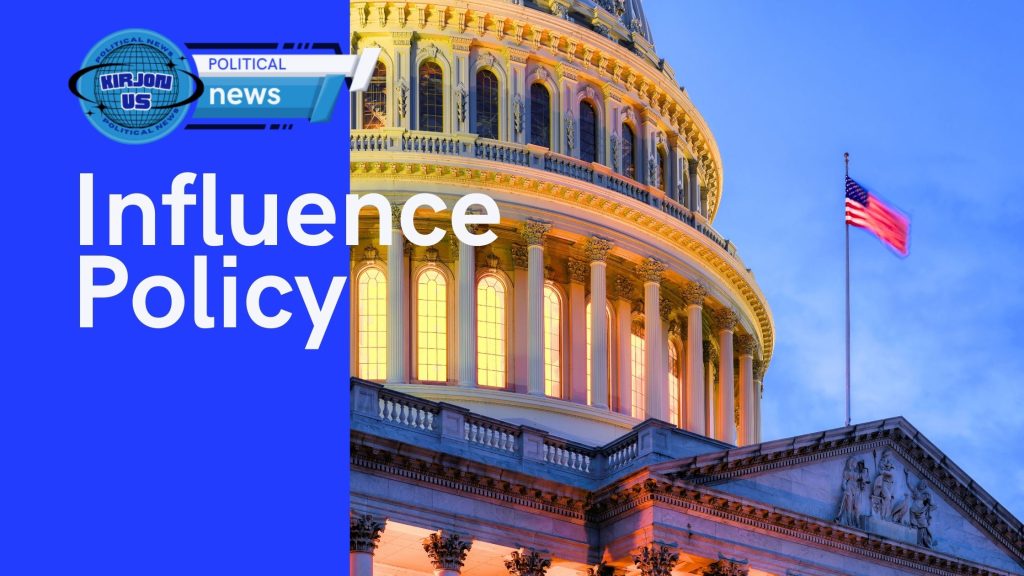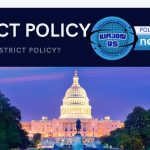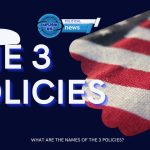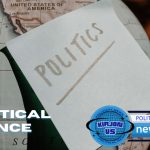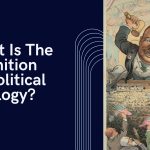Government policy shapes the framework within which societies operate, influencing everything from economic growth to social welfare and environmental sustainability. Understanding the factors that influence government policy is crucial for citizens, policymakers, and analysts alike. It provides insights into the motivations behind policy decisions and helps anticipate future directions. In this article, we delve into the multifaceted nature of these factors, exploring how political, economic, social, technological, environmental, legal, historical, global, public health, and security considerations shape government policy. By examining these influences, we gain a deeper understanding of the complexities involved in policymaking and its impact on society at large.
Political Factors
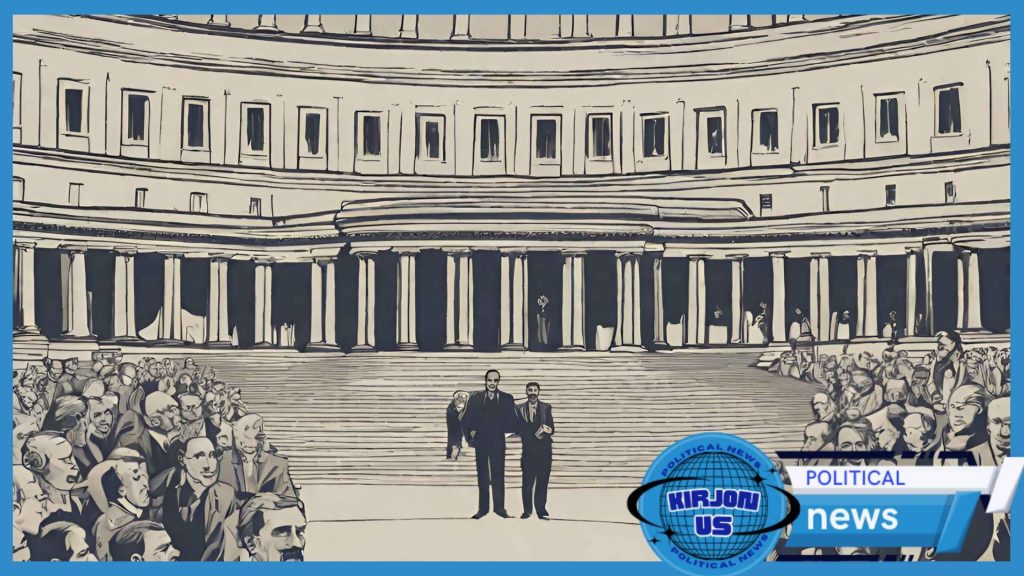
Politics plays a pivotal role in shaping government policy, as decisions are often influenced by the ideologies, agendas, and interests of political parties and leaders. Understanding the political landscape is essential for analyzing policy decisions and anticipating their implications. Several key political factors can influence government policy:
Political Ideology and Party Agendas
Political ideology serves as a guiding principle for policymakers, shaping their beliefs about the role of government in society. Ideological differences between political parties can lead to divergent policy approaches. For example, conservative parties may prioritize limited government intervention and fiscal responsibility, while liberal parties may advocate for greater social welfare programs and progressive taxation.
Party agendas also influence policy priorities, as parties seek to fulfill their electoral promises and maintain support from their voter base. The composition of governing coalitions and the balance of power within legislative bodies further shape policy outcomes, as compromises and negotiations are often necessary to enact legislation.
Public Opinion and Pressure Groups
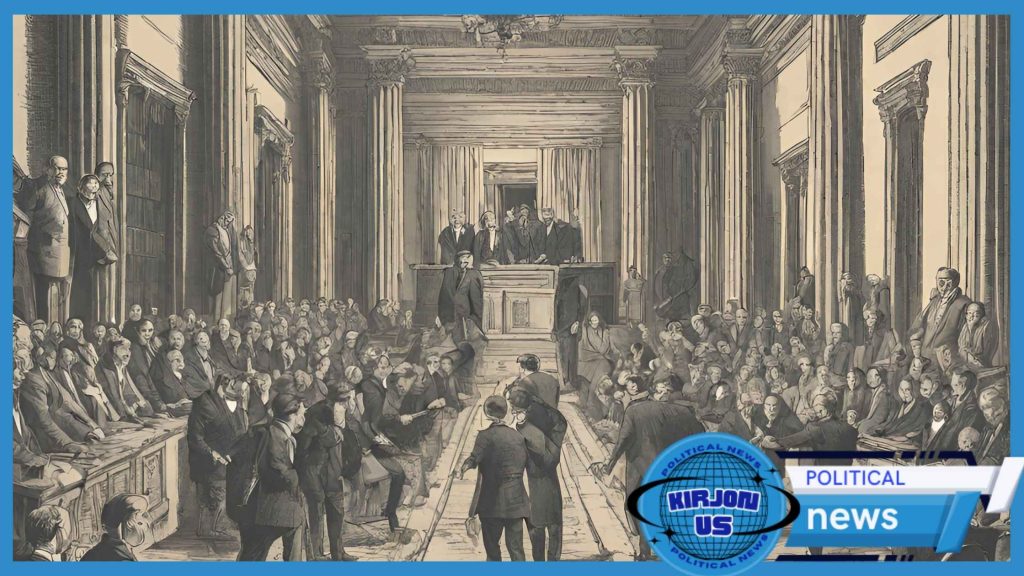
Public opinion serves as a barometer of societal preferences, exerting pressure on policymakers to address certain issues or pursue specific policies. Politicians often respond to public sentiment to maintain legitimacy and electoral support. Opinion polls, surveys, and grassroots movements can mobilize public opinion and influence the policy agenda.
Pressure groups, such as advocacy organizations, industry associations, and civil society organizations, also play a significant role in shaping government policy. They engage in lobbying, advocacy campaigns, and direct action to promote their interests and influence decision-makers. The influence of pressure groups varies depending on factors such as their resources, organizational capacity, and level of public support.
International Relations and Treaties
Global interconnectedness has increased the importance of international relations in shaping domestic policy decisions. Governments must consider their relationships with other nations, international organizations, and regional blocs when formulating policy. Trade agreements, security alliances, and diplomatic engagements can constrain or enable certain policy options.
Furthermore, international treaties and agreements often require governments to adopt specific policies or adhere to certain standards. For example, environmental treaties may impose obligations to reduce greenhouse gas emissions, while trade agreements may require countries to liberalize their economies and remove trade barriers. The dynamics of international politics and diplomacy influence the extent to which governments comply with these obligations and their willingness to cooperate with other nations on shared challenges.
Understanding these political factors is essential for analyzing government policy and predicting future developments. Political dynamics shape the policy-making process, determining which issues receive attention, how policies are formulated and implemented, and the ultimate impact on society. By examining the interplay between political actors, public opinion, and international relations, we gain insights into the complexities of governance in a dynamic and interconnected world.
Economic Factors
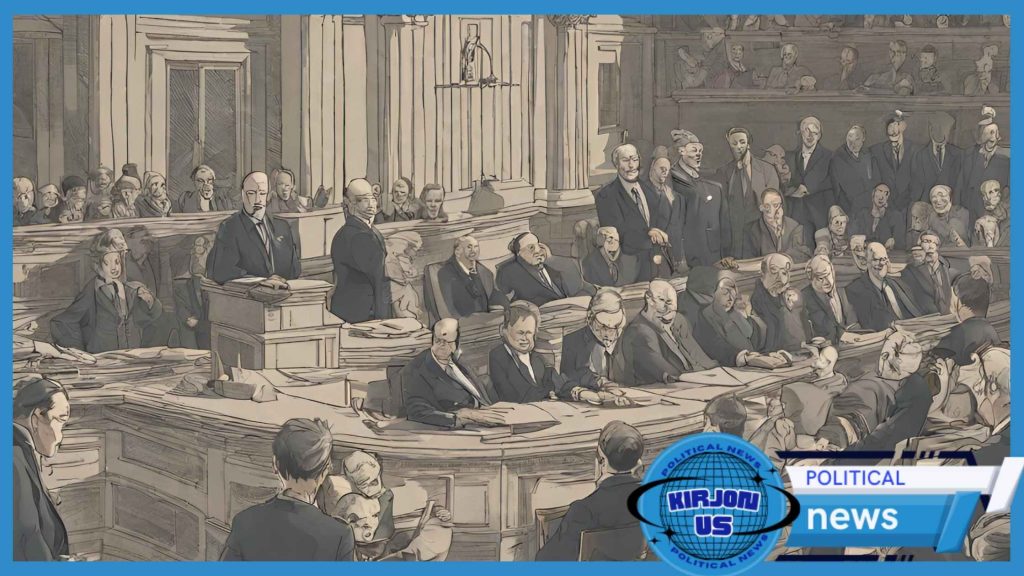
Economics profoundly influences government policy, as policymakers grapple with issues such as economic growth, employment, inflation, and income distribution. Economic considerations often drive decision-making at both macro and micro levels. Here are some key economic factors that shape government policy:
Fiscal Constraints and Budgetary Considerations
Government policy is constrained by fiscal realities, including revenue sources, expenditures, and debt levels. Policymakers must balance competing priorities while adhering to fiscal discipline. Budget allocations determine the funding available for various programs and initiatives, influencing policy outcomes in areas such as education, healthcare, infrastructure, and defense.
Fiscal policy tools, such as taxation and government spending, are used to achieve macroeconomic objectives such as stabilizing the economy, controlling inflation, and reducing unemployment. However, policymakers face trade-offs between conflicting goals, such as the tension between austerity measures to reduce deficits and stimulus measures to spur economic growth during recessions.
Economic Theory and Models
Economic theories and models provide frameworks for understanding the economy’s behavior and informing policy decisions. Different schools of economic thought offer varying perspectives on issues such as market regulation, income distribution, and government intervention. For example, Keynesian economics advocates for active government intervention to stabilize the economy through fiscal and monetary policies, while neoclassical economics emphasizes the importance of free markets and limited government intervention.
Economic models help policymakers forecast the potential impact of policy interventions and assess trade-offs. They provide insights into how changes in variables such as interest rates, exchange rates, and government spending may affect economic outcomes such as growth, inflation, and unemployment.
Industry Lobbying and Interests
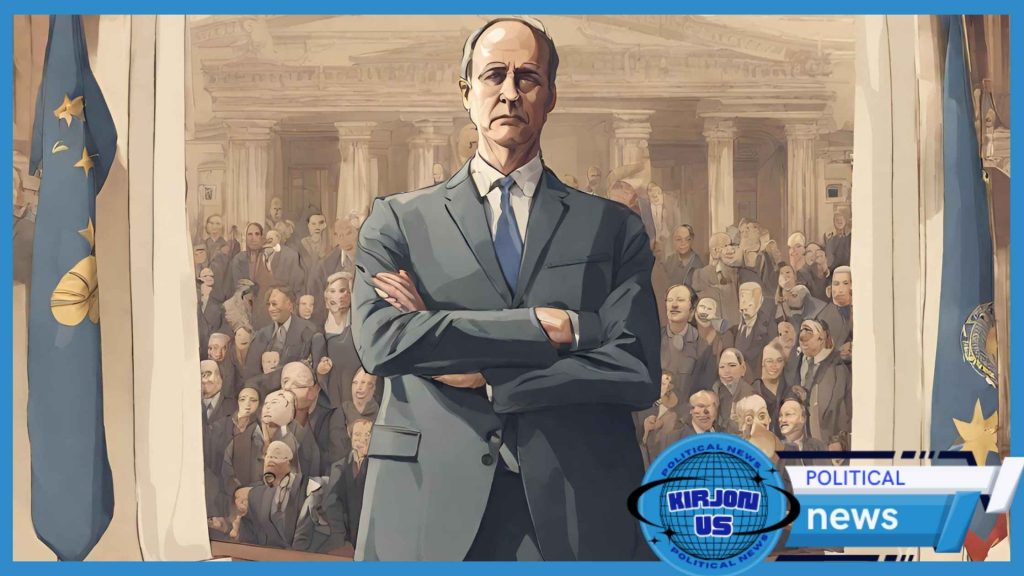
Business interests wield significant influence over government policy, as industries seek to shape regulations, taxation policies, and trade agreements to their advantage. Lobbying efforts, campaign contributions, and industry associations amplify the voice of corporate interests in the policymaking process. Industries may advocate for policies that promote their growth, protect their market share, or weaken regulatory oversight.
However, policymakers must also consider broader economic objectives such as promoting competition, ensuring consumer protection, and fostering innovation. Balancing the interests of various stakeholders, including businesses, workers, consumers, and the broader economy, requires careful deliberation and negotiation.
By examining these economic factors, we gain insights into the complexities of government policy and its impact on the economy. Economic considerations shape policy decisions across a wide range of areas, from taxation and fiscal policy to regulation and trade. Understanding the interplay between economic theory, fiscal constraints, and industry interests is essential for analyzing policy outcomes and anticipating future developments.

